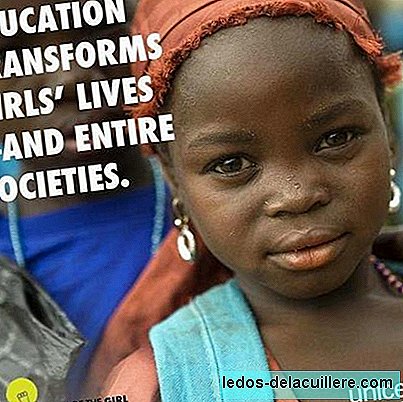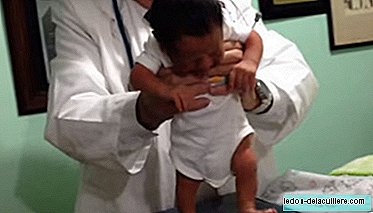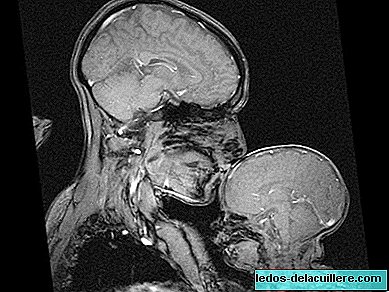
Last Thursday, a report review commissioned by the World Health Organization (WHO) was published in the medical journal 'The Lancet', whose main conclusion is that Children with disabilities suffer acts of violence almost four times as often as those without disabilities.
The published review represents the strongest evidence to date of violence against children with disabilities. The 17 studies included in the review provided a total of 18 374 children with disabilities from high-income countries - Spain, the United States, Finland, France, Israel, the United Kingdom and Sweden -, which highlights the urgent need for high quality research in low and middle income countries.
The results of the review indicate:
That children with disabilities are victims of some form of violence with a frequency 3.7 times higher than non-disabled.
These children are victims of physical violence with a frequency 3.6 times higher.
Sexual violence in these cases occurs with a frequency 2.9 times higher.
Children whose disability is accompanied by mental illness or intellectual impairment are the most vulnerable, since they suffer sexual violence 4.6 times more frequently than their counterparts without disabilities
The factors that determine that children with disabilities have a higher risk of being victims of violence are social stigma, discrimination and ignorance regarding disability, as well as lack of support for people who care for them. Vulnerability to violence increases when children with disabilities are held in a health facility. In these and other settings, children with communication difficulties cannot report abuse.
The effects of a child's disability on their quality of life depend largely on how they are treated by other people., emphasizes Dr. Mark Bellis, director of the Public Health Center at John Moores University, in Liverpool. The government and civil society have an obligation to ensure that victimization is denounced and avoided
The Global Report on Disability, co-edited by WHO and the World Bank, describes effective interventions to improve the health and social participation of disabled children and advocates that those who are held in health facilities be discharged. It is imperative to strengthen the care and protection of children with disabilities who are currently away from home, acting against the culture and structures of detention centers that worsen the risk of violence.
Prevent violence also against children with disabilities
Dr. Etienn Krug (director of the department of violence and trauma prevention in relation to the disability of WHO) tells us that 'The results of this review show that children with disabilities are disproportionately vulnerable to violence and that their needs have been disregarded for too long.'.
We know that there are particular strategies to prevent violence and mitigate its consequences. What we have to do now is determine if they also work for children with disabilities. It is imperative to develop an action plan in this regard
Certain inspection programs in establishments where children are at risk of violence; and training aimed at improving parents' abilities to take care of their children have given good results to prevent violence against children without disabilities. The measures are described in some works as (among others) 'Preventing child malreatment, a guide to taking action and generating evidence', published by WHO, so they must be applied and evaluated as a priority, to determine their effectiveness in children with disability.
The Convention on the Rights of Persons with Disabilities, promulgated by the United Nations, highlights the need for protect the rights of children with disabilities and ensure that they achieve full and equal participation in society. This involves avoiding the negative experiences of violence against children, which carry a wide variety of negative consequences for health and well-being in later stages of life. When prevention fails, the assistance and support of children who have been victims of violence are vital to their recovery.
I am left with the vulnerability of children with disabilities who, coupled with the need to protect all childhoods, should move us towards the prevention of violence against them.












